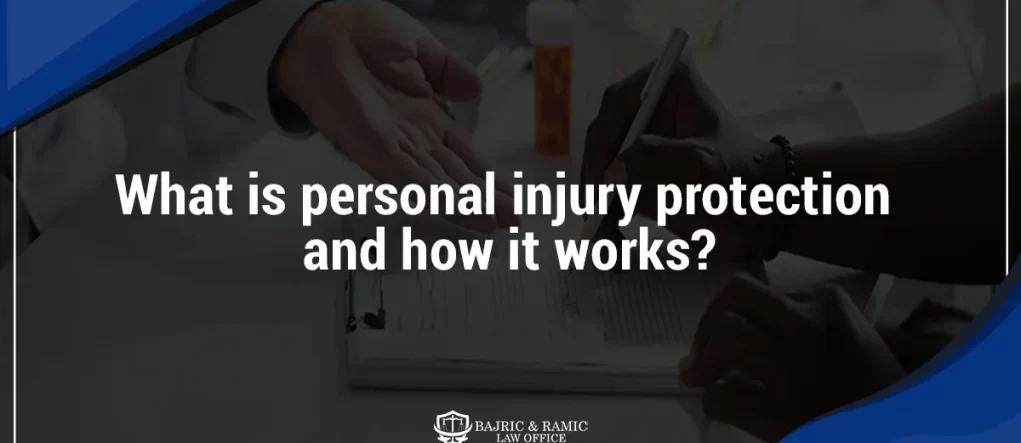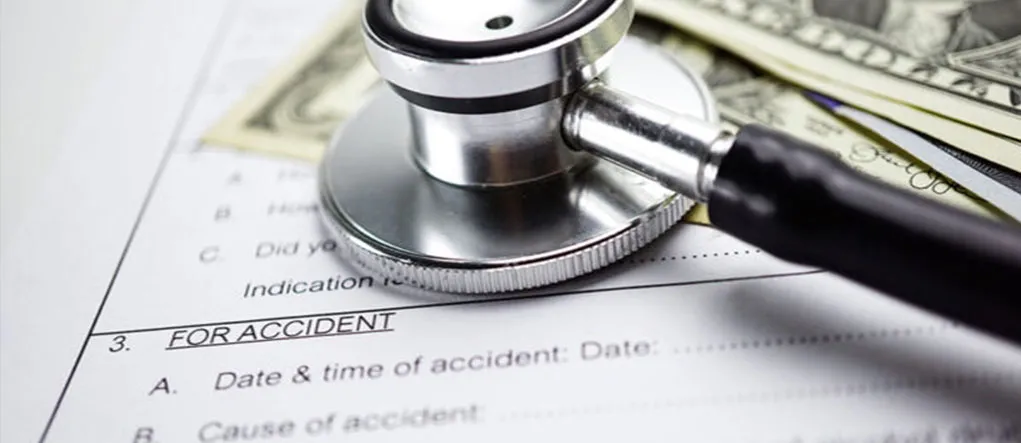What is personal injury protection and how it works?

Personal injury protection is a type of car insurance that provides coverage for medical expenses. And lost wages in the event of an automobile accident. PIP is also commonly referred to as “no-fault” insurance. As it provides coverage regardless of who is determined to be at fault for the accident.
In this blog post, we’ll explore the basics of personal injury protection. Including how it works, its benefits, and its potential drawbacks.
How Personal Injury Protection Works
Personal injury protection is a type of insurance that is designed to provide coverage for medical expenses . Also lost wages, and other related expenses that may result from a car accident. PIP typically covers a wide range of expenses, including:
- Medical bills: PIP can help pay for medical expenses resulting from the accident, including hospital bills, surgery costs, and rehabilitation expenses.
- Lost wages: PIP can also help cover lost wages resulting from the accident, up to a certain limit.
- Funeral expenses: In the event of a fatal car accident, PIP can help cover funeral and burial expenses.
- Other expenses: Depending on the policy, PIP may also cover expenses like childcare and household services.
It’s important to note that PIP coverage varies depending on the state and insurance provider. Some states require drivers to carry PIP coverage as part of their car insurance policy. While others offer it as an optional add-on. The specific terms and limits of PIP coverage will depend on the policy. Do you know what percentage of personal injury cases go to trial?

Benefits of Personal Injury Protection
There are several benefits to carrying personal injury protection as part of your car insurance policy.
These benefits include:
- Coverage for medical expenses: PIP can help cover medical expenses that may not be covered by your health insurance, such as deductibles and copayments.
- For lost wages: PIP can provide financial assistance to help cover lost wages resulting from time missed at work due to the accident.
- Faster compensation: Since PIP is a “no-fault” insurance, it can provide faster compensation for medical expenses and lost wages without the need to go through a legal process to determine fault.
- For passengers: PIP can provide coverage for passengers in your vehicle, even if they don’t have their own car insurance.
Drawbacks of Personal Injury Protection
While PIP can be a valuable form of insurance, there are also some potential drawbacks to consider. These include:
- Cost: PIP coverage can be expensive, especially in states where it is required by law.
- Limited coverage: PIP coverage is typically limited to a certain amount, which may not be sufficient to cover all of your expenses resulting from the accident.
- Exclusions: PIP coverage may not cover certain types of expenses, such as property damage or pain and suffering.
- Duplication of coverage: If you already have health insurance or disability insurance, you may not need the additional coverage provided by PIP.
PIP can provide coverage for medical expenses, lost wages, and other related expenses resulting from a car accident. Regardless of who is determined to be at fault.
However, it’s important to carefully consider the potential drawbacks of PIP coverage. And compare the costs and benefits with other forms of insurance to determine what’s best for your individual needs.

Why you should know about Personal Injury Protection?
It’s important to know about personal injury protection (PIP). Because it can provide valuable insurance coverage for medical expenses and lost wages resulting from a car accident. Regardless of who is at fault.
Here are a few reasons why you should be aware of PIP:
- Help cover medical expenses: If you’re involved in a car accident, you may incur significant medical expenses, including hospital bills, surgery costs, and rehabilitation expenses. PIP can help cover these expenses, even if you’re at fault for the accident.
- PIP can provide coverage for lost wages: If you’re unable to work due to injuries sustained in a car accident, PIP can help cover lost wages up to a certain limit.
- Also can provide faster compensation: Since PIP is a no-fault insurance, you can receive compensation for medical expenses and lost wages more quickly than if you had to go through a legal process to determine fault.
- Cover passengers in your vehicle: PIP can provide coverage for passengers in your vehicle, even if they don’t have their own car insurance.
- May be mandatory in your state: Some states require drivers to carry PIP coverage as part of their car insurance policy. If you live in one of these states, it’s important to be aware of the specific PIP requirements and make sure you have the appropriate coverage.
PIP can complement other types of insurance
If you already have health insurance or disability insurance, PIP can provide additional coverage. To help cover expenses resulting from a car accident.
It’s important to note that PIP coverage and requirements can vary depending on the state and insurance provider. Before purchasing PIP coverage or making a claim, it’s important to carefully review your policy. And understand the specific terms and limitations. It’s also a good idea to compare the costs and benefits of PIP with other forms of insurance. To determine what’s best for your individual needs.
Nedim Ramic and Bajric & Ramic team of attorneys are here for you. And you should not hesitate to call us today for a free consultation. The time is of the esence. If you find these information above useful, but you have more questions regarding the subject. Or you just need legal help straight forward, give us a call. On 314-352-6800 and get free consultations today!


